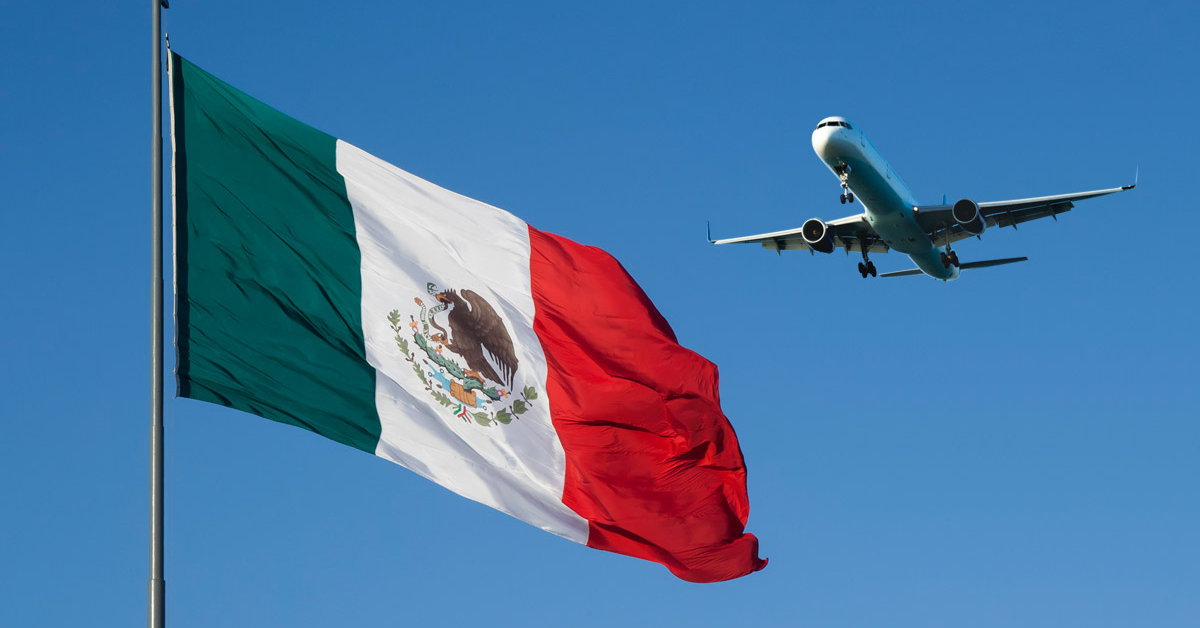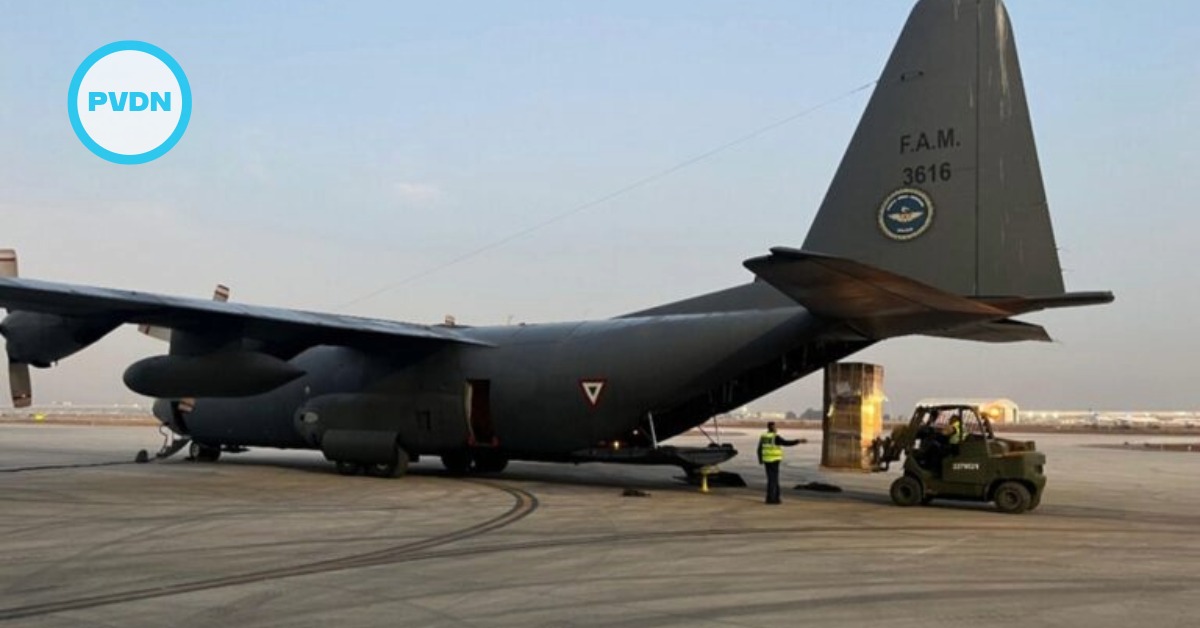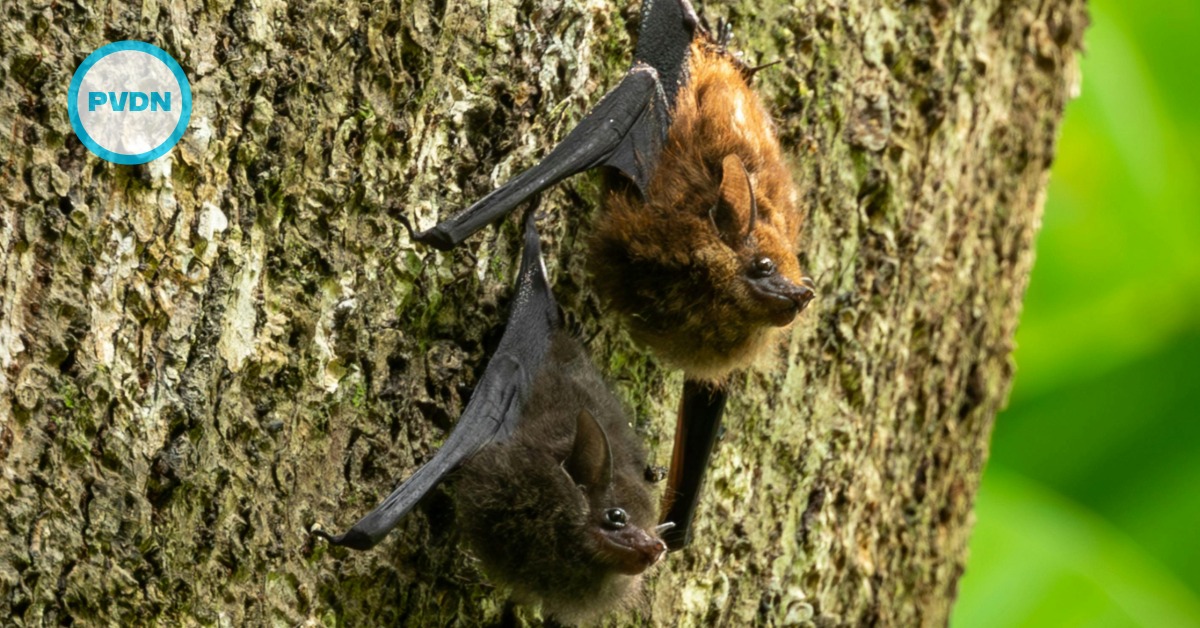Puerto Vallarta (PVDN) - If 'cabotage' is authorized in Mexico, that is, allowing foreign airlines to operate flights between two destinations in Mexico, it would cause the price of plane tickets to increase and the closure of Mexican airlines, warned the National Chamber of Aerotransports (Canaero ).
The private association, which brings together 45 members including airlines, cargo companies, and air taxis, warned of the possible consequences of reforming the Aviation and Airport Laws to allow cabotage, which is currently under discussion in Mexico's congress.
They indicated that almost 80% of the passengers who moved within . . .






